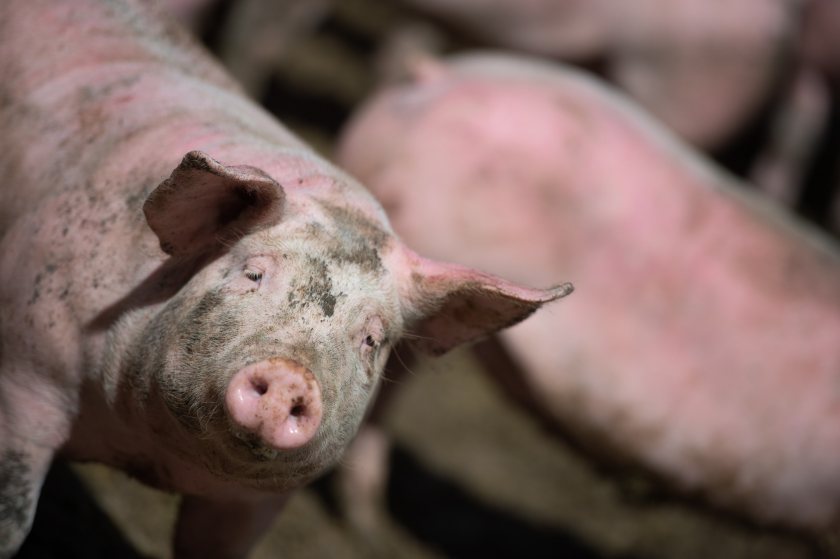Meat industry warns new visa rules threatens labour supply

The British meat processing sector and farming community have voiced serious concerns over recent changes to the UK’s Skilled Worker visa scheme, warning that the new rules risk cutting off vital access to overseas labour.
The British Meat Processors Association (BMPA) described the situation as a “major concern and utter frustration,” while the National Pig Association (NPA) has urged the government to reconsider the tightened regulations, which came into effect on 22 July 2025.
Following significant labour shortages in the pig sector after Brexit—factors that contributed to the pig crisis of 2021 and 2022—the Skilled Worker visa route has provided a crucial, if costly, means for pork processing plants and farms to recruit skilled workers from overseas, including many from the Philippines.
However, the recent changes have raised the threshold for eligible occupations on the visa scheme from Regulated Qualifications Framework (RQF) level 3 (roughly equivalent to A-level skills) to RQF level 6 (mainly graduate-level professions). Simultaneously, the minimum salary requirement for Standard Skilled Worker visas has risen by £3,000 to £41,700.
Tom Haynes, public affairs manager at the NPA, highlighted the impact of these changes: “This means a reduction of around 180 eligible occupations, including veterinary nurses, farm secretaries, farmers and butchers.”
Home Secretary Yvette Cooper defended the new rules, stating: “These new rules mean stronger controls to bring migration down, to restore order to the immigration system and ensure we focus on investing in skills and training.”
Yet the meat processing industry remains unconvinced. BMPA chief executive Nick Allen warned: “It is a major concern and utter frustration for us that they keep turning the screw and making things more and more difficult, without really addressing the major problem of immigration.”
Mr Allen pointed out that raising the RQF threshold “effectively takes butchers out of the equation,” adding that the scheme has become more expensive and that the sector has long struggled to attract local labour to these roles.
“It is making food production increasingly difficult. The processors wouldn’t be doing it if they could get local labour. These people are coming in on good wages – those wages are being offered locally and there are just not the takers for it,” he said.
He also cited wider economic factors limiting labour mobility, such as high house prices and the cost of moving: “There is no mobility of labour due to house prices and the cost of moving around. It is very hard to find people locally. It is not for want of trying.”
In response to Baroness Minette Batters’ recent review of farm profitability, the NPA has formally called on the government to rethink the immigration changes.
“While the use of overseas labour through the Skilled Visa route has been a feasible, albeit expensive, workaround, this looks set to stop,” their submission stated.
“Following the government’s recently announced immigration rule changes, it would appear this route is going to be unworkable. Reforms remove a number of jobs from the scheme, including farmers, farm managers, butchers, and veterinary nurses.
"While we are of course supportive of efforts to train and recruit more domestic staff into these roles, this is a long-term ambition. We wish to see the government look again at these immigration routes, and specifically how we can once again recruit overseas labour.”








